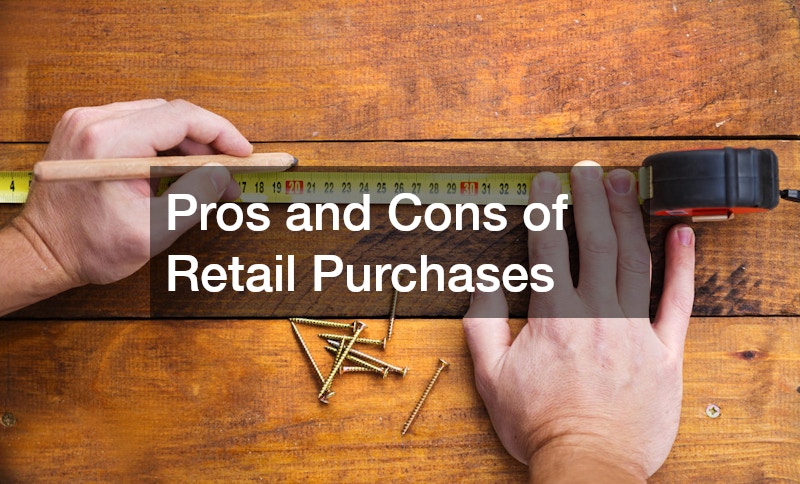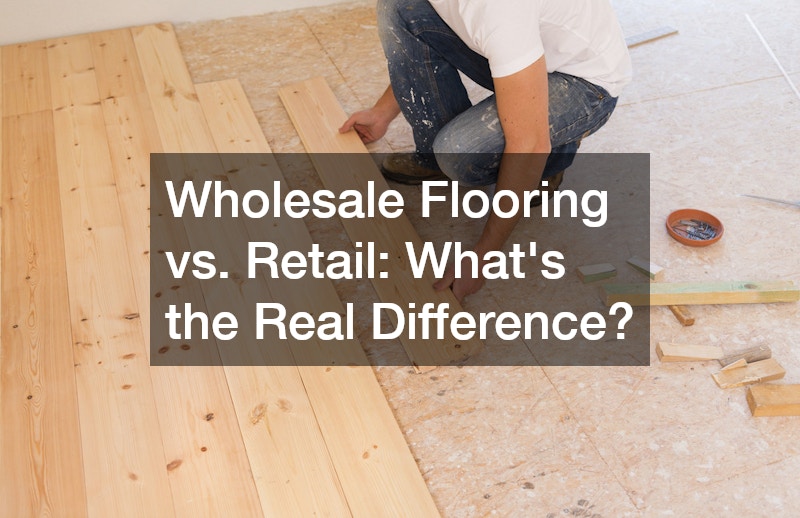This article explores the key differences between wholesale and retail flooring, helping you make informed decisions when shopping for flooring materials. Consumers often face confusion when determining the right purchase path for flooring needs. By understanding these differences, you can optimize both economic and aesthetic outcomes for your flooring projects.
Cost Difference Between Wholesale and Retail Flooring
Wholesale Pricing Structures
Discussing the cost implications of wholesale flooring requires understanding bulk purchasing advantages. Typically, wholesale suppliers offer lower prices because they sell larger quantities of products at reduced markup rates.
This pricing strategy allows businesses to manage inventory efficiently and offer consumers competitive prices for flooring materials.
Wholesale flooring suppliers apply tiered pricing structures that benefit buyers who commit to larger orders. For instance, prices per square foot decrease as volume rises, making substantial savings possible for large projects. Additionally, wholesalers often have direct relationships with manufacturers, enabling them to cut costs and pass savings to consumers.
Another factor in wholesale pricing is the economies of scale achieved through bulk transactions. By purchasing in volume, wholesalers can negotiate better terms with manufacturers, which are then reflected in their pricing models. This translates to a noteworthy difference in cost-efficiency when comparing wholesale to retail.
Retail Pricing Considerations
Retail flooring prices are influenced by several key factors, including markup rates and store costs. Retailers face higher overhead expenses due to operational costs such as staff salaries, store maintenance, and marketing campaigns. These costs are typically passed on to consumers as part of the retail pricing structure.
In addition, retail stores strategically price their products to maximize profit margins while remaining competitive within the marketplace. They often employ sales strategies such as periodic discounts or promotions to attract customers. However, these strategies may still result in higher prices compared to wholesale options.
It is essential to consider that retail stores offer convenience and accessibility, which are factored into their pricing models. The ability to engage with knowledgeable sales staff and receive immediate product support can justify the higher retail costs. This tailored consumer experience is a significant differentiator between wholesale and retail offerings.
How Product Selection Varies Between Wholesale and Retail
Range of Options at Wholesale Suppliers
Wholesale flooring suppliers typically offer a broader range of products due to their focus on volume sales. They maintain extensive inventories with various types, styles, and materials to cater to diverse market demands. This variety ensures that wholesale buyers have abundant choices, enabling customized solutions for large projects.
Inventory management is crucial for wholesalers, who strive to provide both popular and niche flooring options. This comprehensive stock availability helps them accommodate unique consumer needs in both residential and commercial settings. Importantly, the high turnover of stock at wholesale suppliers often leads to frequent updates in product lines.
However, a consumer purchasing wholesale must often commit to larger quantities, which may limit flexibility for smaller projects. While a wide selection is advantageous, it’s essential to balance product choice with project size. Understanding inventory cycles and availability can have implications for project timing and selection.
Retail Store Selections
Retail flooring stores tailor their product selections to align with current consumer preferences and trends. They often carry curated collections that emphasize quality and variety within a manageable stock range. Retailers aim to meet immediate consumer needs, focusing on products with high demand and broad appeal.
Retailers use customer insights and market research to guide their inventory decisions. This approach helps them offer products that are more likely to satisfy specific consumer tastes and requirements. As such, the retail shopping experience is characterized by diversity suited to current market trends.
Pros and Cons of Buying Flooring Wholesale Versus Retail
Advantages and Disadvantages of Wholesale Purchases
Buying flooring wholesale presents several advantages, the most notable being cost savings for large purchases. Wholesalers typically offer lower prices by eliminating retail markups, making them attractive for buyers requiring significant quantities. Specializations in large orders allow wholesalers to offer deals that enhance affordability.
However, wholesale buying also has potential drawbacks, such as minimum order requirements that can impose constraints on smaller projects. Buyers must plan precisely to ensure that quantities align with project needs or face storage and wastage issues. This requirement for volume certainty can limit flexibility in procurement.
An additional challenge with wholesale purchases is the often-limited support and service offerings compared to retail environments. Buyers lack the personal customer service experience that is more accessible in retail settings. Therefore, wholesale buyers must have a level of confidence in their choices and needs before committing to an order.
Pros and Cons of Retail Purchases
Retail flooring purchases are advantageous due to ease of access and comprehensive customer service. Consumers benefit from consulting knowledgeable sales representatives who facilitate informed decision-making. This service level extends to the ability to purchase smaller quantities without obligating large-scale commitments.
Another advantage is the diverse product assortment offered by retail outlets. Customers can explore different options and aesthetic styles, benefiting from displays and samples that simplify visualization. However, the main limitation of retail buying is the typically higher price point for individual products compared to wholesale prices.
The choice between wholesale and retail flooring depends on various factors such as project scale, budget constraints, and service requirements. Understanding these differences can help consumers make savvy flooring decisions that maximize value for their specific needs. Whether opting for the broader selection and savings of wholesale or the service-oriented approach of retail, informed decisions lead to successful flooring investments.





